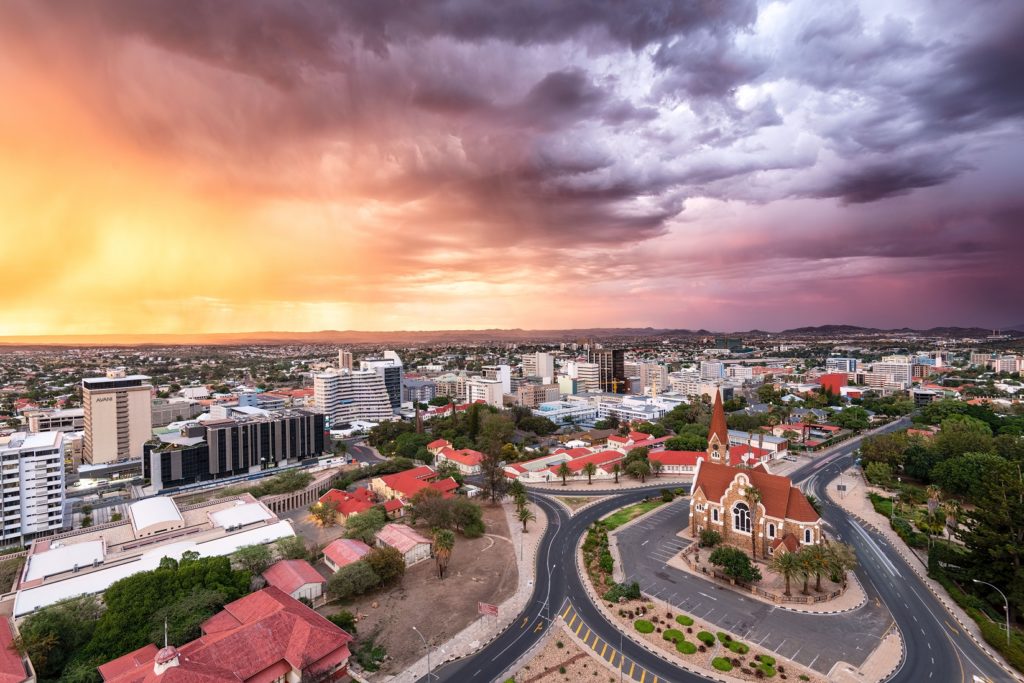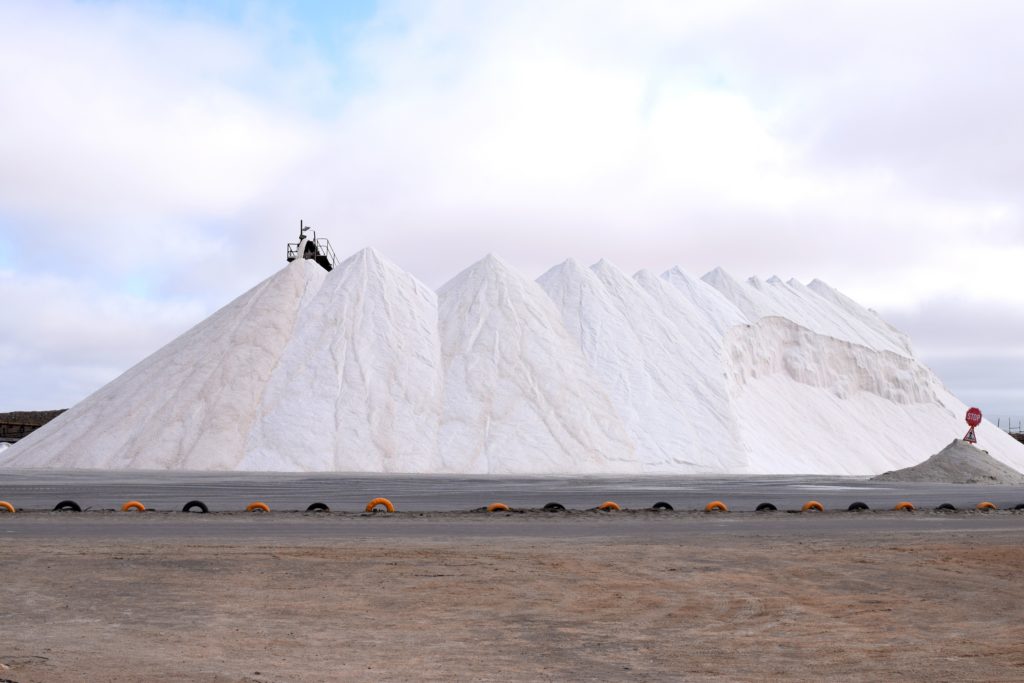- Perspective – July 2021
- Advert : Columbus Stainless
- Industry Insights & Analysis
- Market Intelligence
- Demand Sector
- Advert : NDE
- Market Insight
- Case Study – A Guide to Life Cycle Costing Analysis
- Industry News
- Africa Market Intelligence – Botswana
- Africa Market Intelligence – Nambia
- Profile Passionate Professionals
- Training Overview
- Advertorial : Columbus Stainless Champions Safety Week
- Advertorial : Macsteel Business Transformation focus delivers Independent Ownership
- Obituary
- Advert : Malondi Capital Investments
NAMIBIA A SPARKLING OPPORTUNITY
 Various ethnic groups occupied south western Africa before Germany established a colony over most of the territory in 1884. In 1915 during World War I, South Africa occupied the colony, then known as German South-West Africa and administered it as a mandate until after World War II, when it annexed the territory. In 1966, the Marxist South-West Africa People’s Organisation (SWAPO) guerrilla group launched a war of independence for the area that became Namibia, but it was not until 1988 that South Africa agreed to end its administration in accordance with a UN peace plan for the entire region.
Various ethnic groups occupied south western Africa before Germany established a colony over most of the territory in 1884. In 1915 during World War I, South Africa occupied the colony, then known as German South-West Africa and administered it as a mandate until after World War II, when it annexed the territory. In 1966, the Marxist South-West Africa People’s Organisation (SWAPO) guerrilla group launched a war of independence for the area that became Namibia, but it was not until 1988 that South Africa agreed to end its administration in accordance with a UN peace plan for the entire region.
Namibia gained independence in 1990 and has been governed by SWAPO since, though the party has dropped much of its Marxist ideology. President Hage Geinob was elected in 2014 in a landslide victory, replacing Hifikepunye Pohamba who stepped down after serving two terms while SWAPO retained its parliamentary super majority in the 2014 elections. In the 2019 elections, Geinob was re-elected but by a substantially reduced majority and SWAPO narrowly lost its super majority in parliament.
ECONOMY
The Namibian economy is heavily dependent on the extraction of minerals for export. Mining accounts for about 12.5% of GDP but provides more than 50% of foreign exchange earnings. It is also one of the world’s largest producers of Uranium. The Chinese owned Husab uranium mine began producing uranium ore in 2017 and reached full production in August 2018.
Rich alluvial diamond deposits make Namibia a primary source of emquality diamonds. Marine diamond mining is increasingly important as the terrestrial diamond supply has dwindled. Real GDP : -1.02% (2017 est.); 1.13% (2018 est.) and -1.56% (2019 est.). The Namibian population is estimated to be 2.6 million of which 52% are urbanised, with a literacy rate of 91.5%.
In terms of exports, the country’s main exporting partners are South Africa, Botswana and Switzerland with 61.4% of imports coming from South Africa. In 2017 these had an estimated value of $5.38-Billion.
OPPORTUNITIES
 The Namibian government and private sector are seeking partners in realising identified viable projects and business opportunities on a mutually beneficial basis. There are various partnership options which include direct private investment, financing, joint ventures, and public-private partnerships.
The Namibian government and private sector are seeking partners in realising identified viable projects and business opportunities on a mutually beneficial basis. There are various partnership options which include direct private investment, financing, joint ventures, and public-private partnerships.
There are many opportunities in the mining sector as there are extensive mineral deposits, which include diamonds, uranium, gold, copper, lead, zinc and other base metals. Value addition is encouraged and the government has an incentive package for new manufacturers as well as good prospects for oil and gas prospecting, exploration and processing.
Other opportunities include:
- Manufacturing of automotive components;
- Steel manufacture;
- Manufacturing of pharmaceutical products;
- Downstream processing of gas;
- Development of hotels and restaurants.
- Steel manufacture;
- Manufacturing of pharmaceuticalproducts;
- Downstream processing of gas;
- Development of hotels and restaurants.
NAMIBIAN TRADE FORUM
The Namibia Trade Forum (NTF) is an agency of the Ministry of Trade and Industry whose main mandate is to institutionalise public-private dialogue and cooperation, with an emphasis on international and domestic trade and investment policies as stipulated by the Fourth National Development Plan. The role of the NTF is to act as the main consultative body representing private sector views to the government. It thus serves as the highest public private partnership on international and domestic trade, as well as investment matters of government. This is facilitated through workshops, seminars, trade negotiations, meetings and media releases. It currently has four committees on agriculture, manufacturing, services and fisheries that support the work of the NTF.
More information on the NTF can be found here www.ntf.org.na

